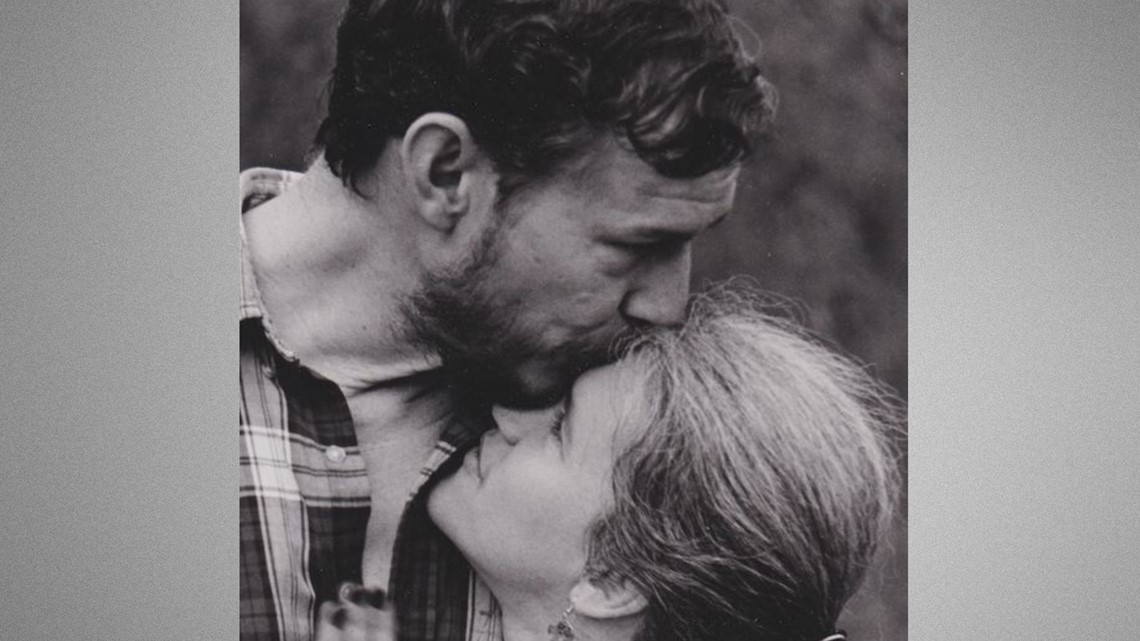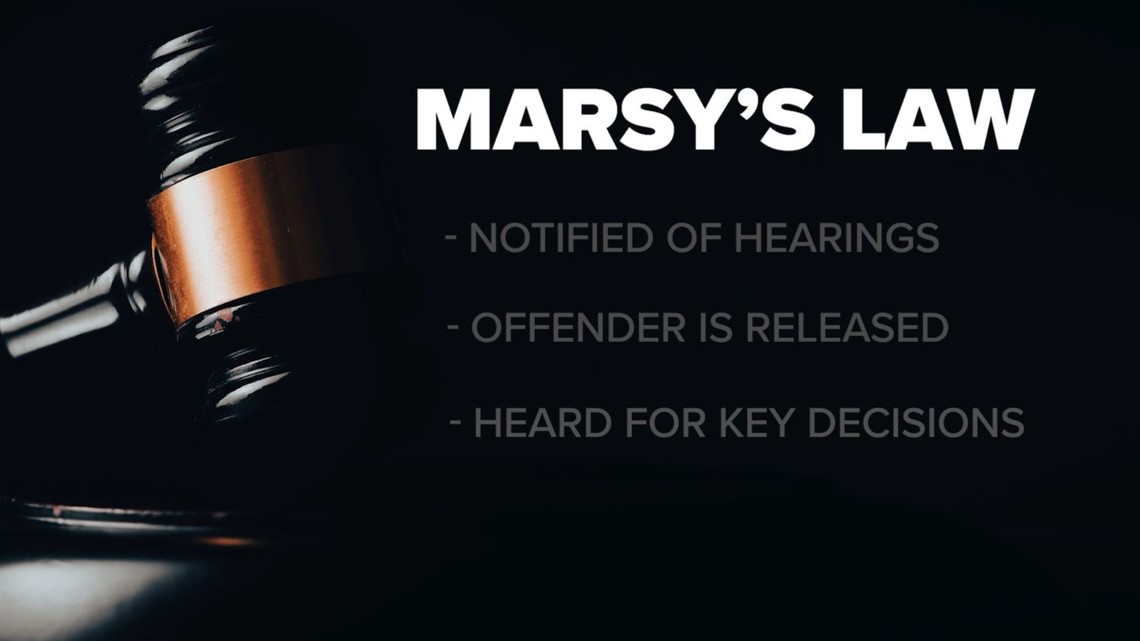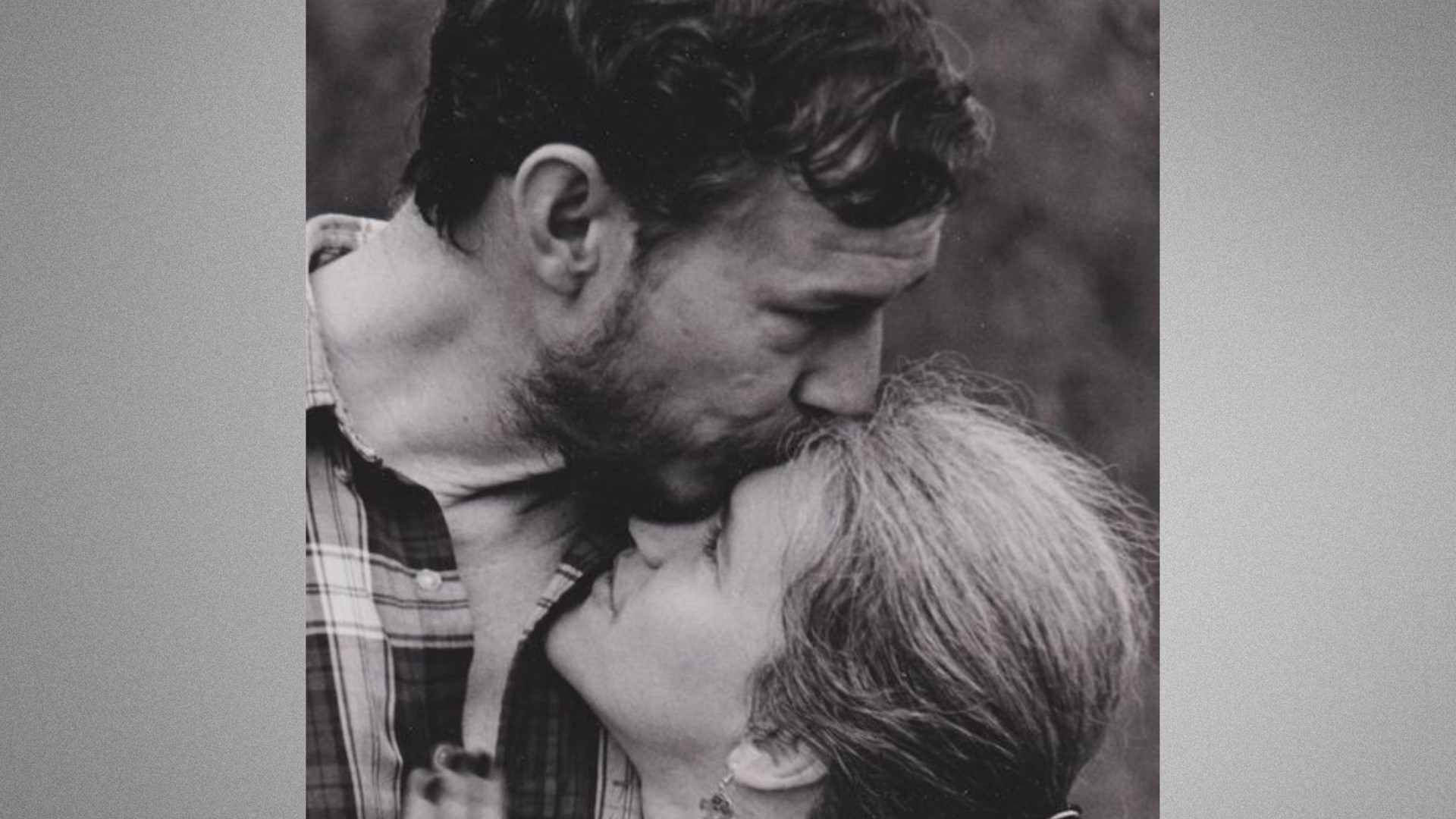ATLANTA — Susan Wilson remembers approaching the intersection in Athens, where she found her partner being loaded into an ambulance. It was late. Jim Jones hadn’t come home from work, so she got in the car to retrace the route he had taken on his bike.
“I saw a police truck and saw a bicycle,” Wilson recalled. “They told me he'd been hit - and those three words that you never want to hear: he didn't make it.”
Wilson buried the man who had walked beside her for 37 years and then prepared for court to face the man who killed him. The driver that hit him, Luke Waldrop, had been arrested for DUI and homicide by vehicle.
Wilson had no idea how a driver could have missed Jones.
“He put as much safety gear on his bicycle as he could. He had a flashing tail light that was kind of annoying, he had a headlight that you could see for several hundred yards down the road, perfectly clearly,” she explained.
In the police body camera video, 11Alive saw Jones was also wearing a reflective vest.
Wilson attended the arraignment hoping to understand how and why the crash occurred. She also wanted his presence in the courtroom as decisions were made.
“I wanted to be there through the whole thing,” said Wilson.


In 2019, voters felt so strongly that victims had the right to be at the whole thing that they put it in the state’s constitution. According to the Prosecuting Attorney’s Council of Georgia, Marsy’s Law promises victims of most serious and violent crimes:
- The right to reasonable, accurate, and timely notice of any scheduled court proceedings or any changes to such proceedings;
- The right to reasonable, accurate, and timely notice of the arrest, release, or escape of the accused;
- The right not to be excluded from any scheduled court proceedings except as provided by law;
- The right to be heard at any scheduled court proceedings involving the release, plea, or sentencing of the accused;
- The right to file a written objection in any parole proceedings involving the accused;
- The right to confer with the prosecuting attorney in any criminal prosecution related to the victim;
- The right to restitution as provided by law;
- The right to proceedings free from unreasonable delay; and
- The right to be treated fairly and with dignity by all criminal justice agencies involved in the case.
- The right to file a motion in the criminal case within 20 days of a court proceeding requesting to be heard if the victim has properly requested notification and is not given notice of said court proceeding.


But the day District Attorney Deborah Gonzalez presented Waldrop’s plea deal, Wilson was not in court. Nor was Jones’s sister, who lives in Virginia. That’s because no one called to tell them until right before the hearing. Wilson was teaching and didn’t get the message until it was too late.
“It was so horrifically unjust. Not only was I not given a chance to be in a courtroom with the person who killed him. I learned that the plea deal had reduced the charges to misdemeanors and that he had been given probation, community service and a fine of about $2,000,” said Wilson.
That’s when she found Kevin Epp, the first attorney in Georgia to take a district attorney to court for failing to follow the law. Wilson is now the fourth person to win a Marsy's Law violation against the Athens DA’s office.
“And the good thing is people are paying attention to it,” said Derek Marchman, a member of the Marsy’s Law advisory board and lifelong advocate for victim’s rights. “And it is going to take those jurisdictions being held publicly accountable to get people to pay attention.”
Adding accountability to Marsy's Law
Marchman said people may be speaking up in Athens, but the problem exists across the state. That’s why he’s looking at places like Ohio, where victims can get their own attorney to hold the justice system accountable.
“Everybody goes, 'wait a minute, that's the district attorney's job,'” said Marchman. “The district attorney represents the state of Georgia and they make decisions and they try to keep the victims informed, but they still have to make a decision what is best for the community, what is best for the system.”
But lawsuits can only go so far – and no one really wins.
Marchman said it’s better to create a system where victim’s rights are recognized and honored from the beginning of the process. That’s why he’s working with Exploring Digital on a virtual reality training program that starts with police.
“The more I can have the first contact do it correctly, the more the victim will trust the system,” explained Marchman who says that first interaction prepares the victim to talk with the investigator and hopefully understand their rights better when talking with the victim advocate.
11Alive Investigates got a sneak peek at the project which can put officer in just about any scenario from a rural traffic stop to a busy conference center.
“They can practice things that they just can't do unless they're out in the field and learn it, you know, in real life. So this gives them the opportunity to actually train in areas they've never been able to train for in the past,” explained Dave Walens, the CEO of Digital Exploring.
(Watch 11Alive Investigator Rebecca Lindstrom test out the new tech in the video below)
Rather than an adult playing a child victim, the avatar in the training can look and behave like a little girl that is the victim of sex trafficking.
Walens said the company and its investors have self-funded most of the project. About five years ago it started creating virtual reality content for games and other forms of entertainment, but now see the potential for immersive training.
“We quickly moved to what we could do for society," said Walens. "And that really we saw that we could actually train police officers in this virtual environment, free walking, untethered in a very unique way, a very powerful way."
Perhaps not as high-tech, the state is also reviewing bids for an automatic victim notification system. It would allow victims to enter their contact information and get alerts when something changes in the case or the accused gets out of jail.
What Georgia is doing now
The Criminal Justice Coordinating Council is spearheading the effort. In late January it chose the company Appriss VINELink to build the system. The CJCC has secured $2.6 million in funding for the project through two grants. Now, the work begins trying to connect Georgia’s 159 counties.
“We have come so far, but we have a long way still to go,” said Marchman.
He is thrilled about the benefits of an automated system once online but hopes those involved in the criminal justice system, from police, prosecutors, and probation, remember the system will only be as good as the timely information put into it.
“You do worry about, you know, what we've been taught forever. Garbage in, garbage out,” said Marchman.
11Alive Investigates tracked Athens Clarke County’s trial calendar in 2023 and found more than a dozen cases dismissed because the DA’s office said it couldn’t find the victim or they were uncooperative.
The hope is more of those victims will be willing or able to participate because they will have an easier way to stay connected to the case.
“Automation is going to compliment it, but it still takes people being trained to do it right and do it every time in a very consistent manner,” said Marchman.
Wilson said she was trusting the victim advocates in the DA’s office to keep her informed. Having a judge agree that her rights were violated won’t change the outcome of her case – but it will hopefully change how prosecutors keep victims informed.
If Wilson had been in court, she would have told the story of a 68-year-old man still in his prime living a life full of adventure.
“He had always imagined that if he, when he met his demise, it would be out hiking or rock climbing or caving because those were all things he loved to do," she said. "Being hit from behind by a drunk driver was the last thing we thought about happening."

